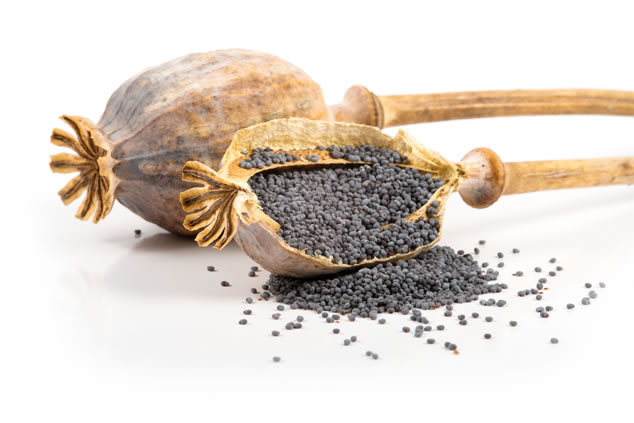For centuries, poppy seed tea has been used for its narcotic, analgesic, antidiarrheal, or euphoric effects, or as a substitute for opiates. What are the risks associated with this herbal beverage?
Poppy tea or poppy seed tea (also called opium tea) is made from the seed pods or the seeds of the opium poppy plant. Poppy teas are herbal beverages and are not true teas in that they do not contain the leaves of the tea plant (Camellia sinensis).
Instructions for preparing poppy teas are available on the Internet. The recipes call for soaking large quantities of seeds or seed pods for various amounts of time to remove the opiates from the surface. Some recipes suggest additives, such as lemon juice or alcoholic beverages, to mask the bitter taste. The resulting liquid is consumed as a beverage or, rarely, is injected. Effects of the tea begin within 15-30 minutes of ingestion and may last for up to 8-24 hours, depending on the amount of tea consumed.
Teas made from the opium poppy have been used for centuries for their narcotic, analgesic, antidiarrheal, and/or euphoric effects—or as a substitute for opiates. As with other opioids, poppy teas can cause addiction, and deaths have been reported in the medical literature, government documents, and the news.
The high variability of the morphine and codeine content of teas prepared from the poppy plant may lead to accidental overdose. The more restrictive use of prescription opioids for chronic pain may increase the use of these homemade remedies. Education of at-risk patients that poppy teas are not harmless herbal beverages could prevent morbidity or mortality.
more on medscape.com




